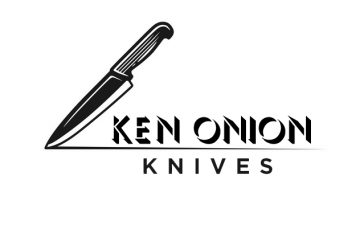
D2 tool steel is a popular choice for making knives. It offers a good combination of hardness, toughness, and wear resistance.
It’s not a stainless steel but it has some chromium, which is enough to give it corrosion resistance. But its excess carbon content gets in the way of it doing this effectively.
Hardening
When tool and die makers design equipment they often look to D2 as their first choice for a hard, wear-resistant steel. These steels are designed to take a constant load of metal stamping, forming, or shearing without wearing out or losing shape.
D2 is a high carbon, air-hardening tool steel that contains a significant amount of chrome in its elemental composition. Chromium helps the steel resist corrosion.
In addition, the addition of vanadium increases hardness and toughness while also improving machining ability.
During heat treatment D2 should be uniformly heated and then cooled slowly to maintain the proper forging temperature. You should never forge D2 below 925degC.
Heat Treating
D2 tool steel is one of the most popular knife making materials available today. It is a high carbon, high chromium, air hardening tool steel that is known for its toughness and exceptional wear resistance.
D2 was originally developed as an alloy for dies that are pressed down repeatedly to cut metal parts that must remain stable over time and under pressure without changing shape. It is a very good choice for stamping dies, cutting blades in production equipment and other parts that must undergo repeated bending under pressure.
D2 is a very versatile tool steel that offers excellent wear resistance, tool performance and price. It is commonly used in long run, high production applications such as forming rolls, thread rolling dies, blanking dies, trim dies, shear blades and feed screws.
Grind
D2 tool steel is a high-carbon steel that contains between 10% and 13% chromium. This makes it a very tough and durable knife steel that will not rust easily.
D2 has a hardness of 55 to 62 HRC, making it an excellent choice for knives. Its ability to be hardened to such a high hardness means it is also very flexible, meaning it can take a lot of punishment without losing its edge or becoming brittle.
The chromium in D2 helps form hard particles called carbides that help to hold the steel together and improve its wear resistance. Combined with the carbon, these particles make D2 one of the most widely used tool steels in the world.
D2’s toughness can vary depending on the production process, heat treatment temperatures and number of tempering steps. It’s a good idea to try and balance out these factors for optimum results, as this will ensure that the blade will retain its edge while still being very durable.
Finish
D2 tool steel is a proven, high performing material that has long been relied upon in the industrial setting. The steel’s hardness, shock resistance, and wear resistance suit the demands of manufacturing equipment.
It’s also an exceptionally strong, air-hardening steel that will withstand many applications without the need for heat treating. This makes it a great choice for a knife blade.
The steel can be machined or ground to a desired finish before it is tempered and hardened. It is important to stress relieve any internal strains from rough machining or cold work before the hardening process.
The tempering temperature should be carefully controlled, as slight variations can produce a vastly different product from a knife maker’s perspective. This is critical to ensure proper quality and performance.
